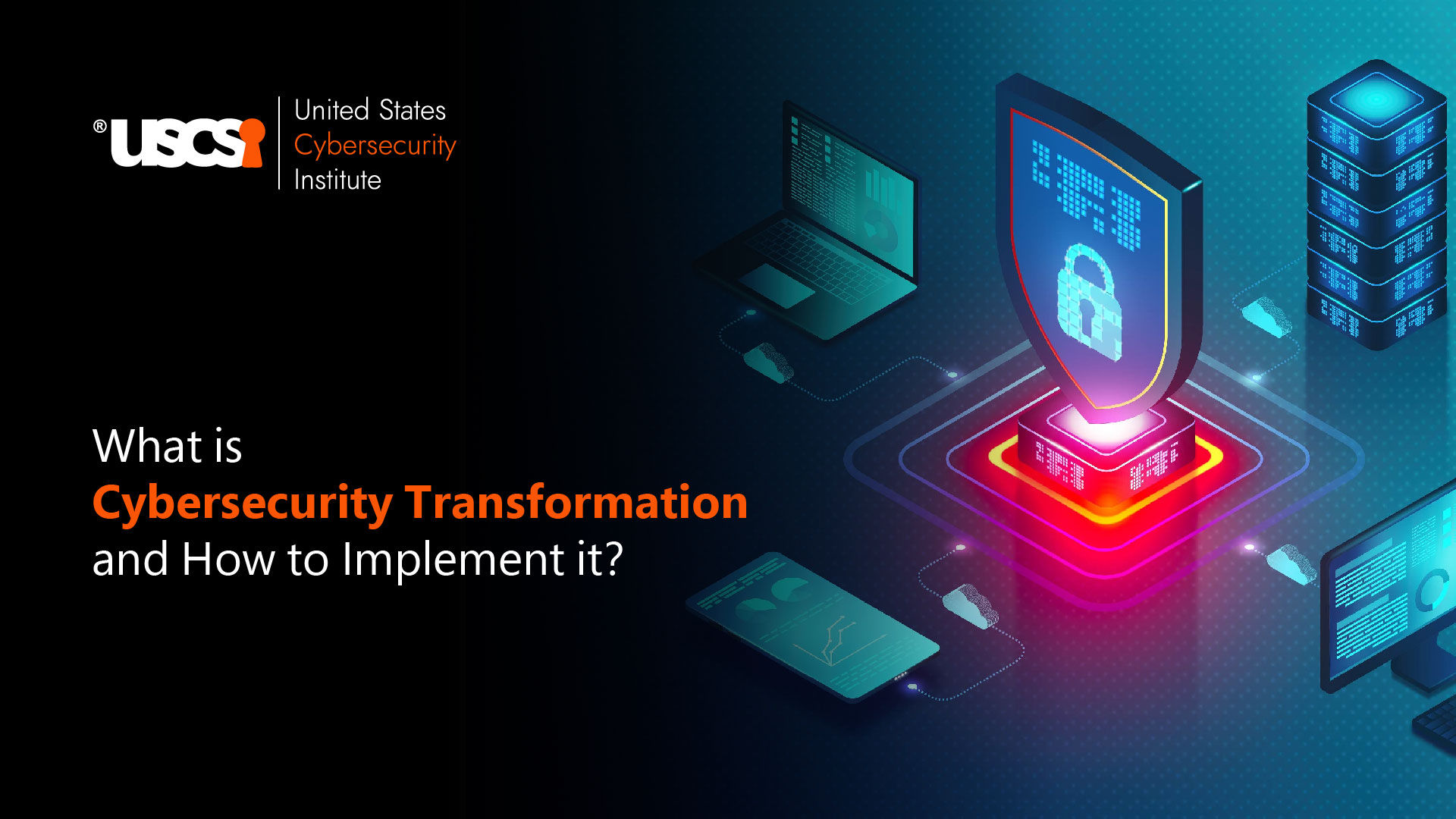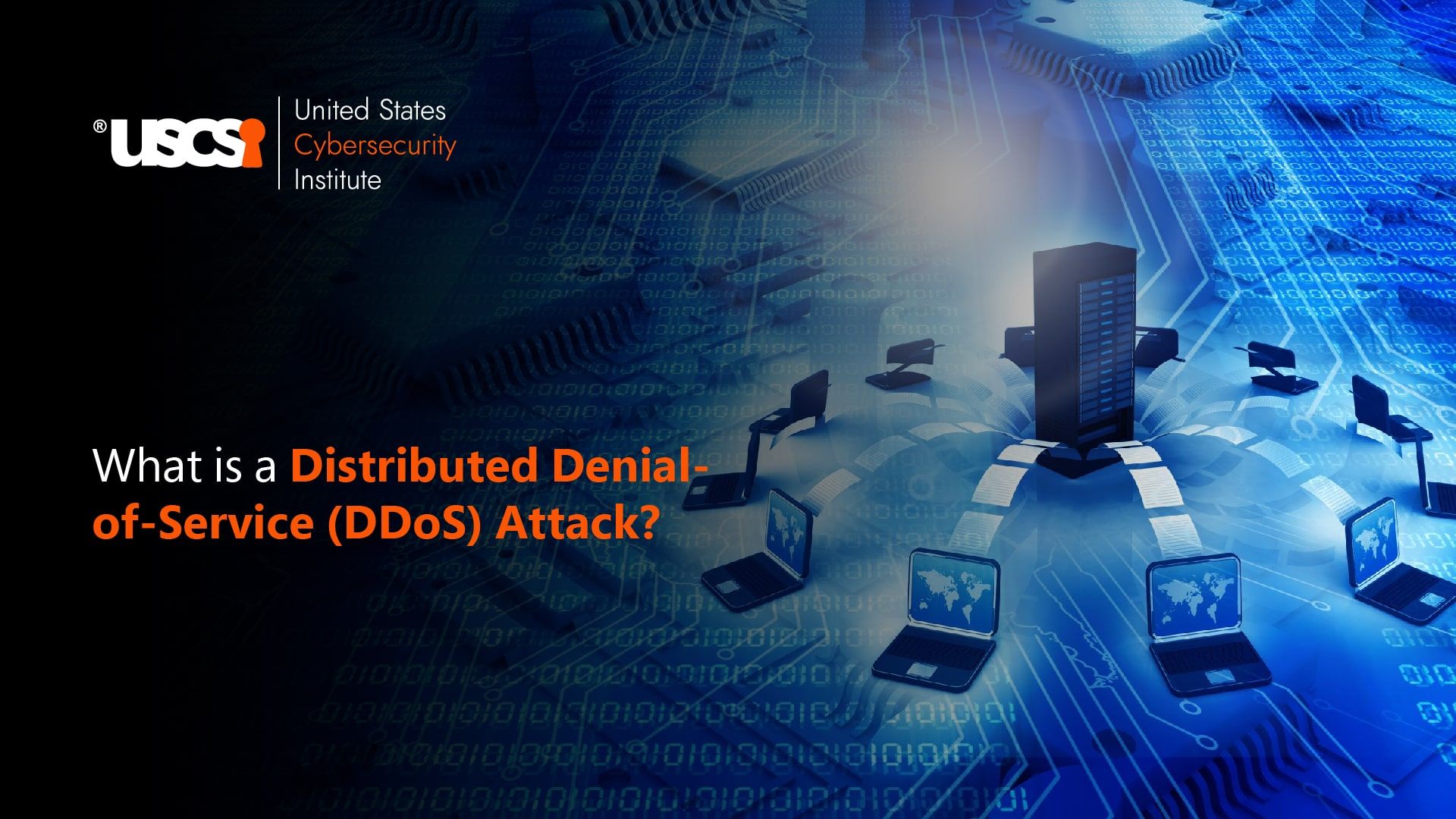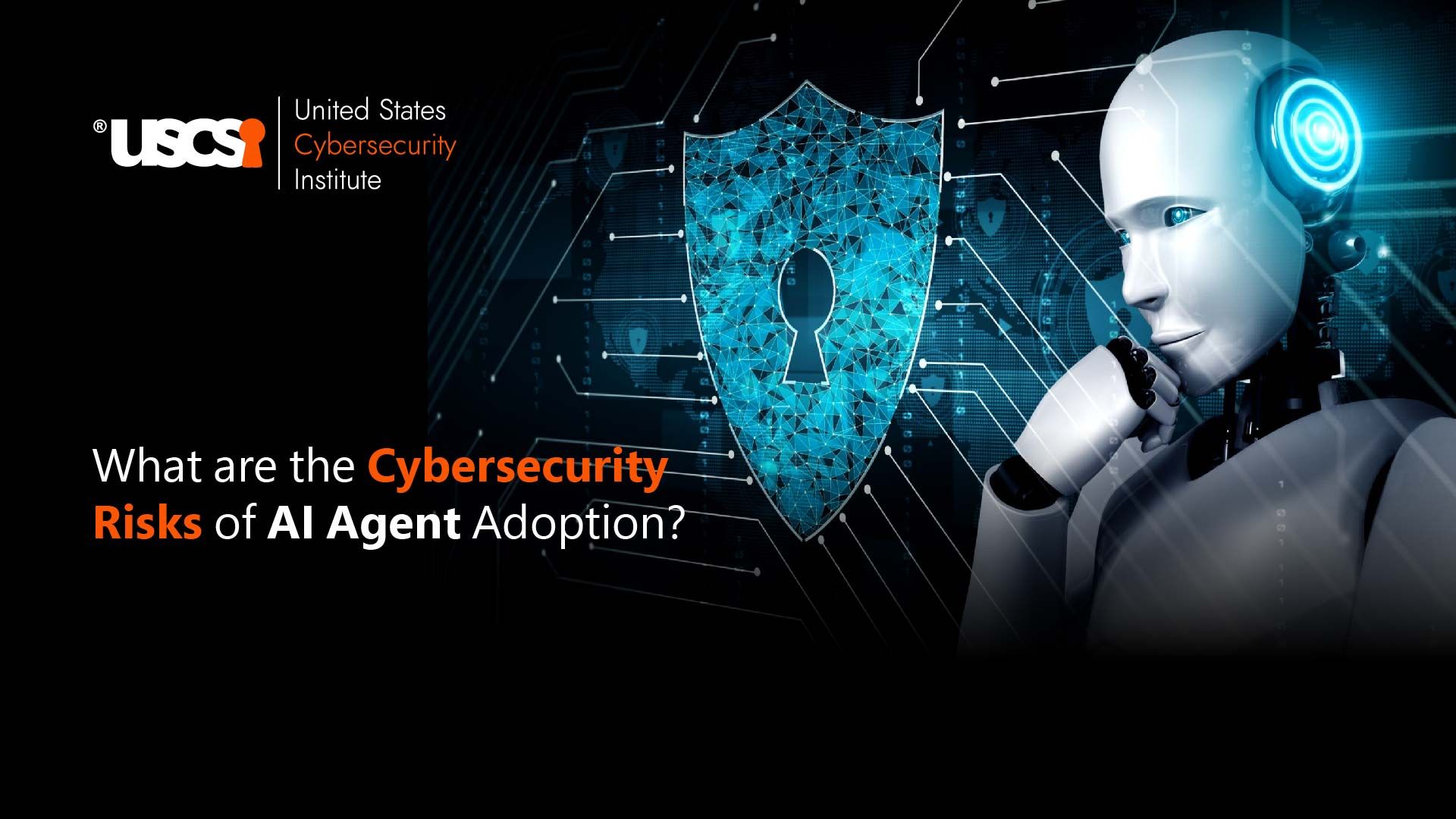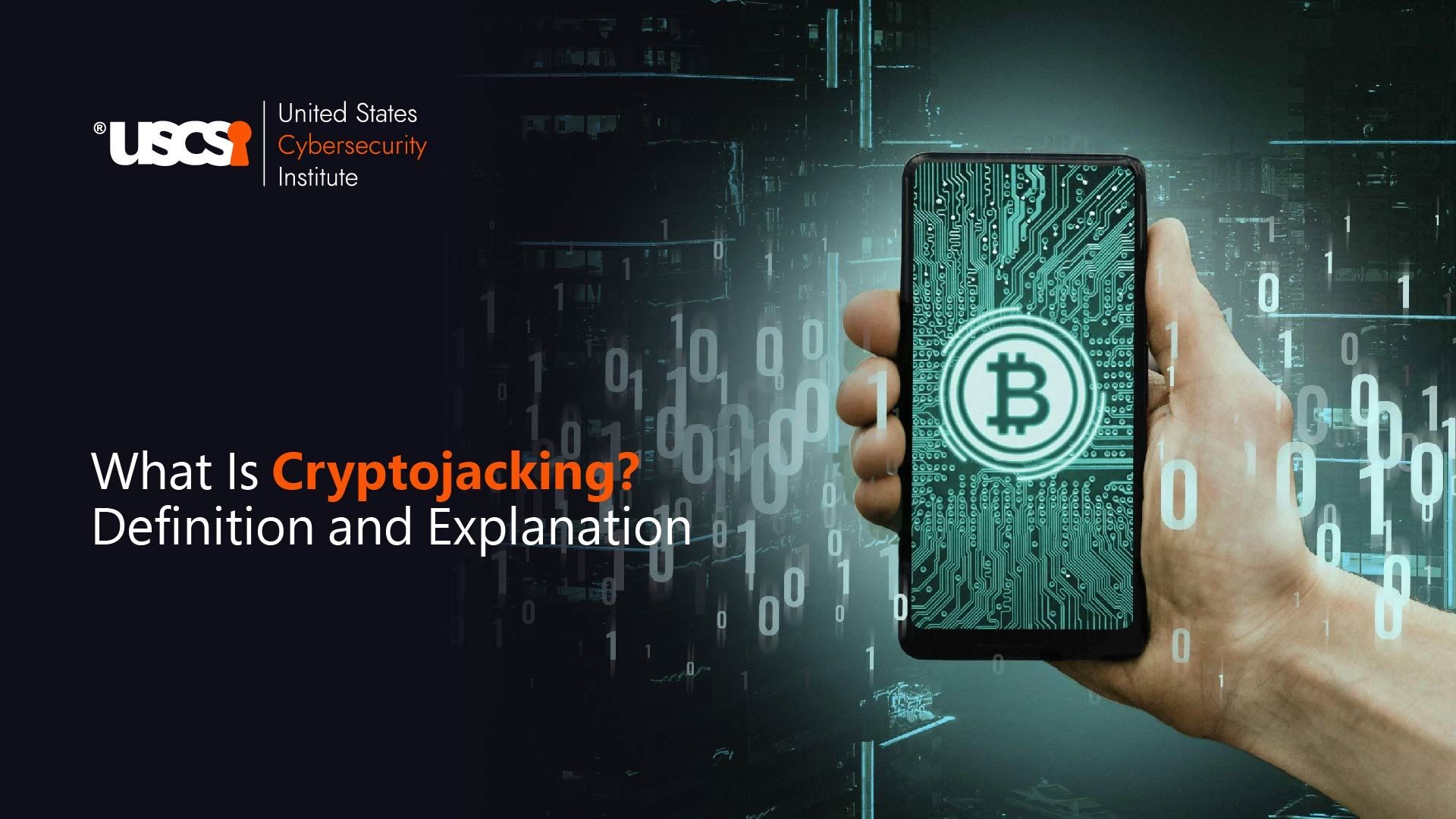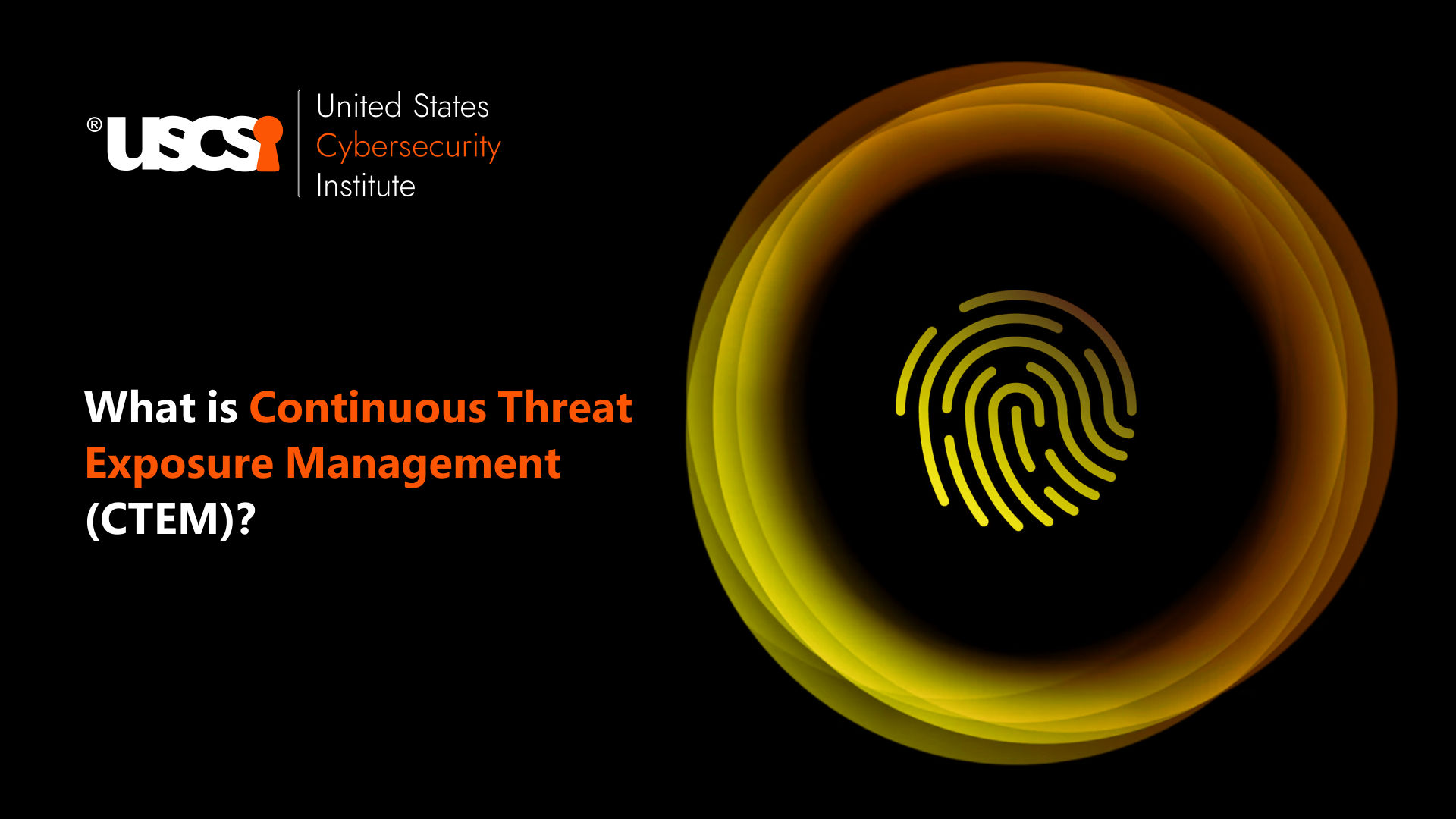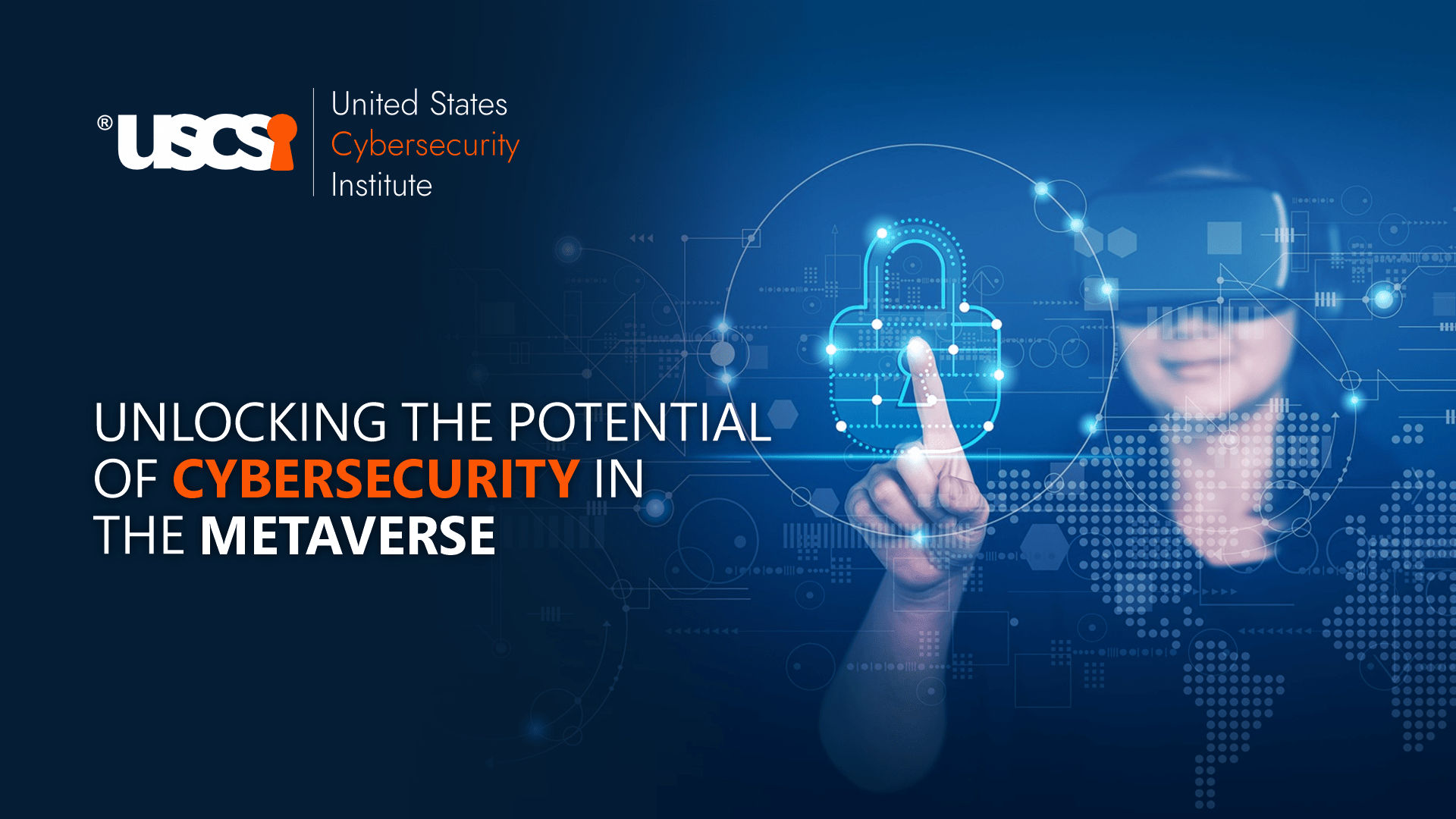

Cybersecurity in the Metaverse: Challenges and Best Practices in 2025
The possibility of virtual house viewings and even virtual vacation experiences is not a far cry! There is a myriad of possibilities for how the metaverse will evolve our lives in the coming years. And with the accessibility to the metaverse improving; many of today’s metaverse platforms are available via ordinary computers. Many advocates commit to the fact that the future of the metaverse platform is far from bleak. Advances in AR, VR, and mixed reality technologies continue to lay the groundwork for more immersive and accessible metaverse experiences.

With Statista betting big on the global metaverse market; staging a whopping 37.73% CAGR over the next five years. This is indeed a grounding moment; when the metaverse takes over the world scene with a bang. The very moment brings to you the concern of cybersecurity risks that it comes coupled with. The times are swiftly changing to blockchain technology, and times are not far when metaverse security is going to be a big concern. Preparing beforehand is always a great idea. Let us delve deeper.
Metaverse- Definition
Metaverse is the digital universe that is the result of multiple technological elements that include virtual reality and augmented reality to mimic the real world. Metaverse requires the simultaneous use of many technologies where augmented reality, cloud technologies, IoT, and AI combine to be functional. There is a strong possibility of creating a unique economy through cryptocurrencies and NFTs.
Metaverse- Tech Mechanism
From creating your 3D avatars to experiencing the virtual world like real life is a game-changer. There are a gazillion technologies that are deployed to make this possible.
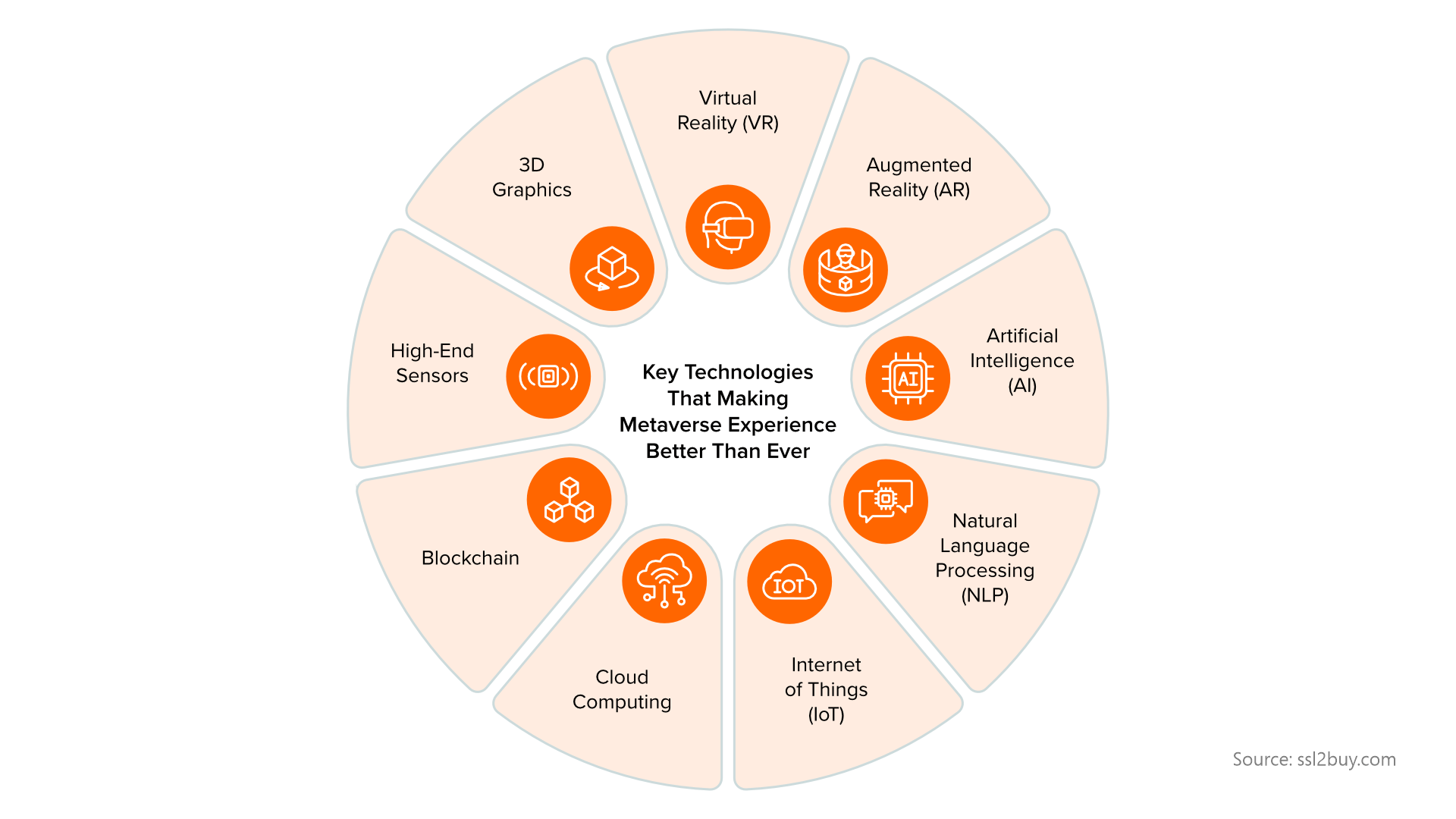
The image above reflects the powerful technologies that power multiverse technology with massive thrust.
Trending Metaverse Platforms
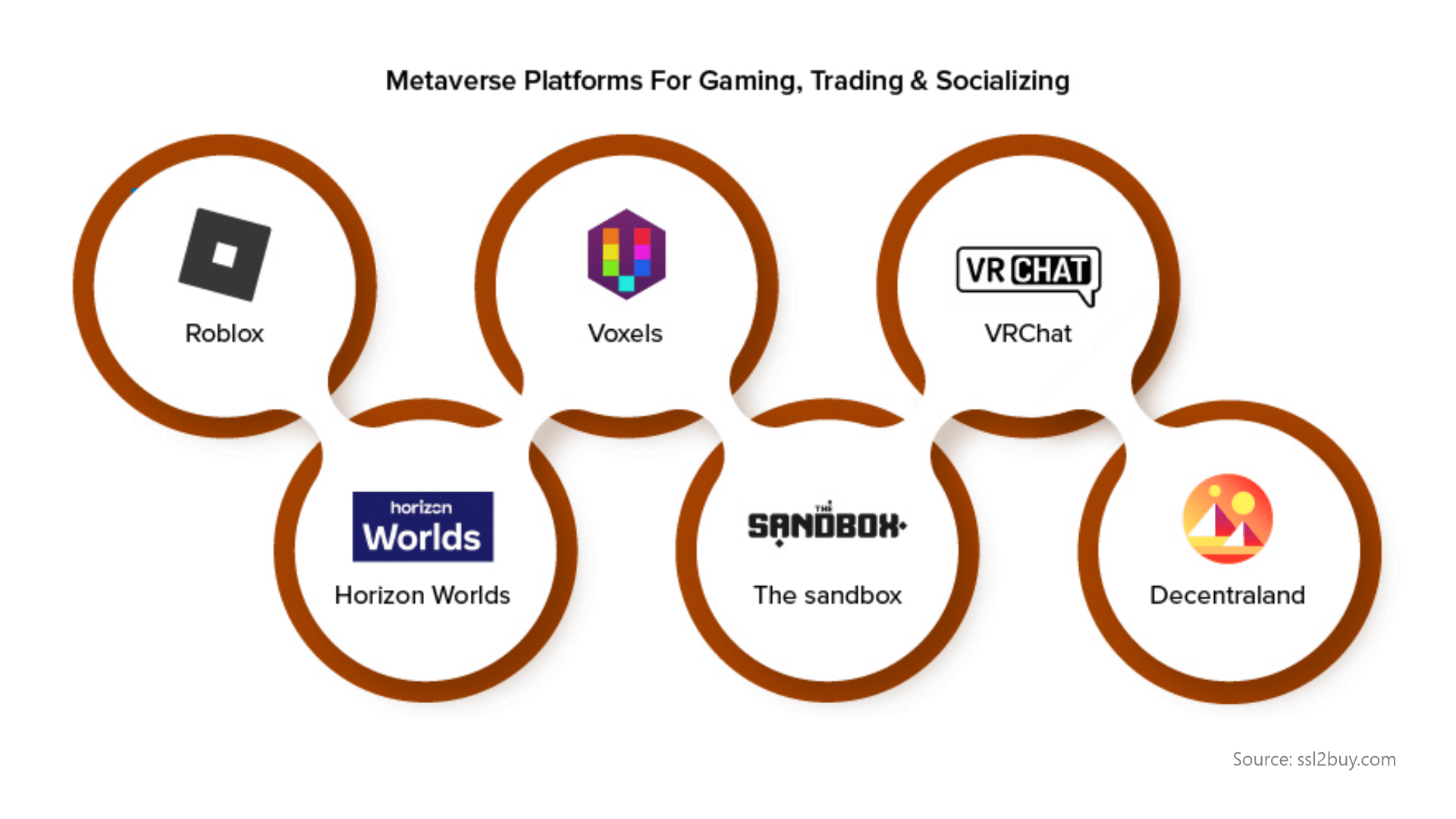
Roblox, Horizon Worlds, Voxels, VRChat, the Sandbox, and Decentraland are some of the most popular multiverse platforms that work their magic. From deploying massive gaming platforms; to creating your digital assets, trading virtual land, socializing, and communicating in 3D avatars is just the beginning of what these power-packed multiverse platforms of capable of performing.
Metaverse and Businesses
Sales and marketing, training and education, supply chain management, sustainability initiatives, healthcare, and diverse business sectors are impacted by the metaverse today. This can orchestrate personalized experiences to interactive engagement; while offering highly customized solutions and supply chain visualization in joint virtual spaces.
Metaverse and Cybersecurity- 3 Key Components
- Platform owners should grab the opportunity to collaborate on a set of mandates and agree to adhere to a strict code of conduct.
- Property owners/ renters must take the time to understand the security and privacy of the platform they are hosted on, examine the services they are building and/or using on the platform; and take steps to ensure the security and privacy of the services.
- Consumers/ users must try to understand the security and privacy safeguards being employed by the platform provider and by the property owner.
Quintessential Role of Cybersecurity in Metaverse
- Reputation- The reputations of the platform owners must demonstrate they can protect the sensitive information of customers.
- Spillover impact- A positive metaverse experience can enhance the real-world business of the organization; and can bounce back in the contrary situation.
- Business growth- Secure customer-first experience and using it as a powerful marketing tactic can drive business growth early on.
Metaverse Cybersecurity Challenges
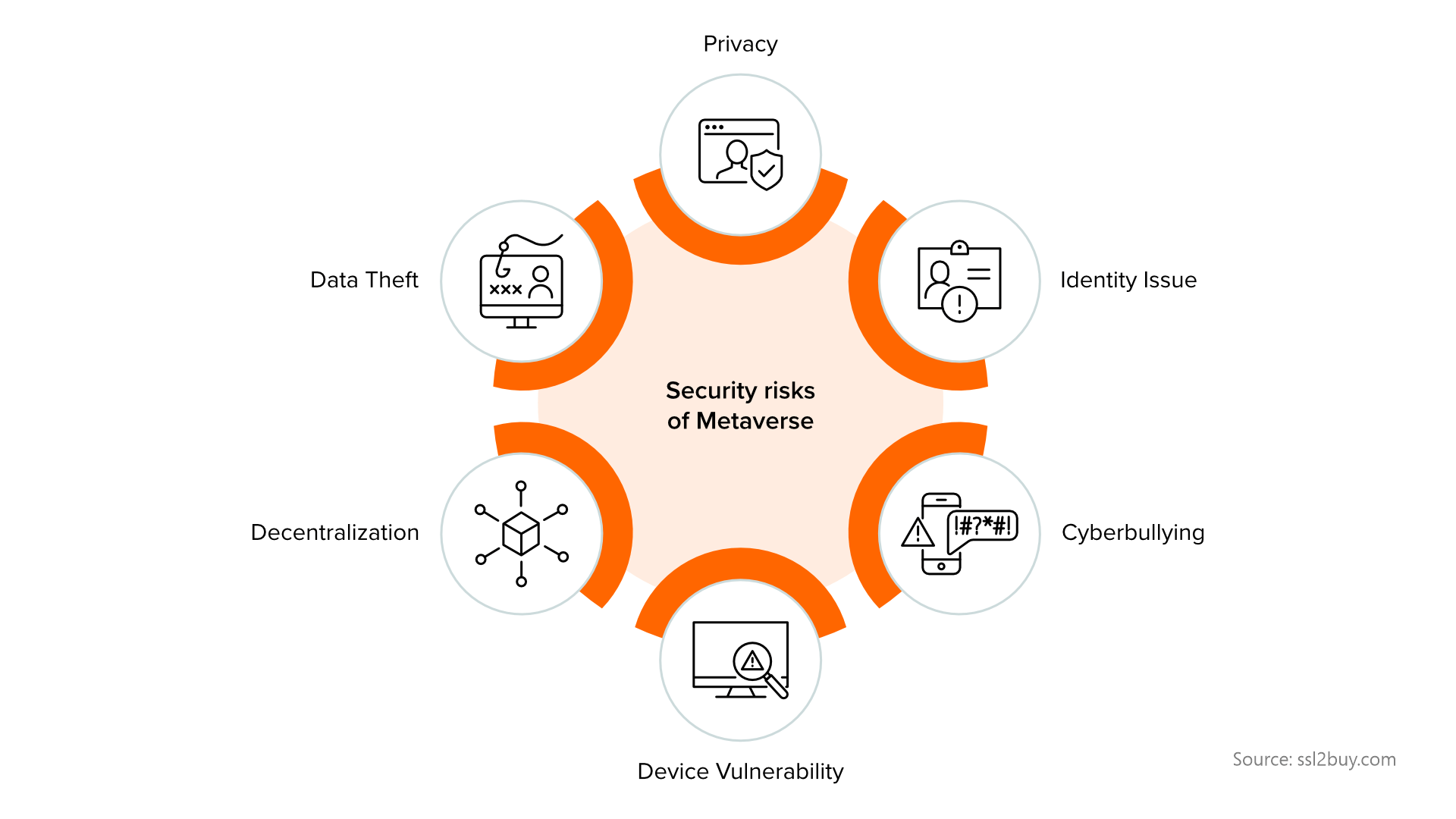
- Privacy- Statista reports tracking and misuse of personal data has been the biggest worry of US internet users about the Metaverse. People do not want 3rd party cookies anymore, so it makes sense that people would not want to track and sell data in the metaverse either.
- Identity Crisis- With users creating multi-virtual avatars; it becomes complicated for authentication processes to go smoothly as identities can go unverifiable.
- Cyberbullying- This necessitates robust content control techniques. The decentralized nature of the metaverse complicates matters further.
- Device vulnerabilities- AR-VR devices expecting you to enter personal details open gates to cyberattacks. Metaverse devices are prone to hacking, malware, and cyberattacks.
- Decentralization- The fragmented structure of the metaverse creates challenges, such as a lack of defined regulatory frameworks, making it difficult to apply cybersecurity measures consistently.
- Data Theft- Metaverse being a log of enormous confidential information and IP addresses poses a threat to the same. Regular internet users are increasingly concerned about data privacy.
Unique AR VR Security Challenges
- VR security challenges- Reliance, responsibility, authentication, accountability, privacy, ad feeds, access point compromise, spying, privileged accounts, and hacking
- AR security challenges- Data integrity, and physical security challenges
Metaverse Cybersecurity Challenges- Preventive Measures
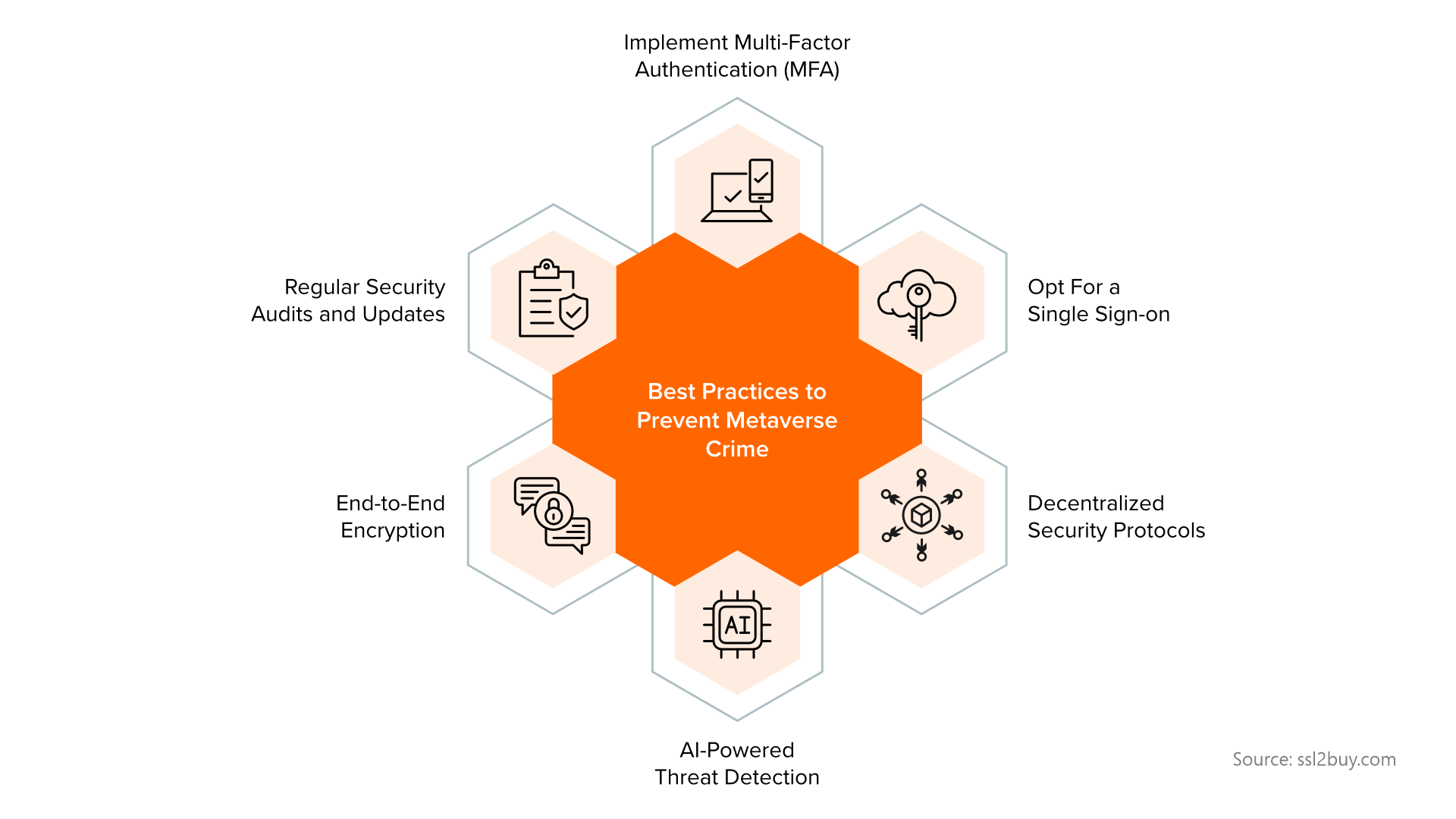
Looking at the above safeguards that are a must for every business; involving the metaverse in any form. However, Metaverse looks promising; it includes several hazards and cyber risks that cannot be ignored. Businesses need to create a secure Metaverse eco-system for their users to guard them against phishing, data theft, and other malicious cybersecurity threats. You can easily gain an edge over others by earning the most trusted cybersecurity certification that guarantees full competence in fighting such cybersecurity menace in the metaverse. This is why it is rightly said that the metaverse’s future depends on increasing security measures that ensure a safe and thriving digital environment for users to explore, interact, and innovate for a safe future.

